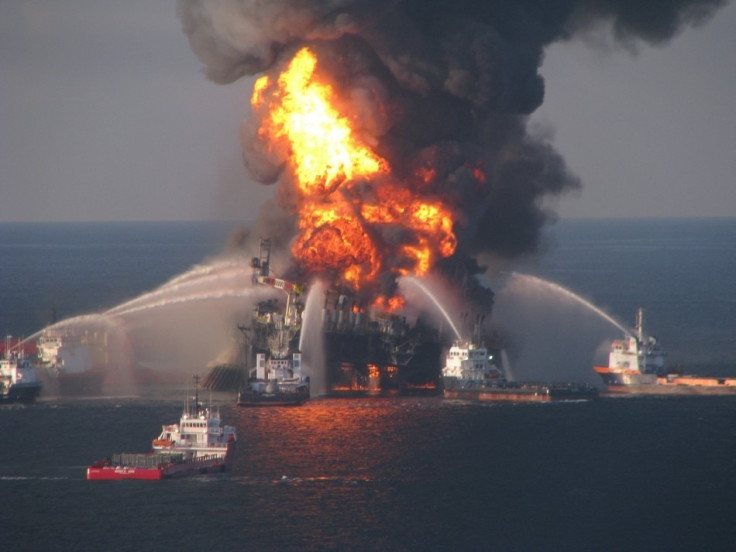Deepwater Horizon Disaster: UK Government Backs BP in US Courts Over EPA's 'Excessive' Contracts Ban

Britain's government has intervened in the Deepwater Horizon legal tangle between BP and the US authorities on behalf of the oil giant, which has been banned from public contracts after the Gulf of Mexico catastrophe.
According to a report in the Financial Times, the UK government has filed an "amicus brief" - a legal filing from someone not directly involved in a case, but who believes they have a significant stake in it - with the US courts raising the issue of heavy-handedness by industry regulators pursuing BP over the Gulf of Mexico disaster.
The brief reportedly argues that the US Environmental Protection Agency's (EPA) decision to bar BP and its entities, even those not involved in the Deepwater Horizon disaster, from government contracts "may have been excessive".
It also says regulators should be fair in their application of the law and the UK government "is concerned that these reasonable standards have not been met".
Its filing is in support of an appeal by BP at the Texas district court against the EPA's decision.
The UK government is worried about the impact of the contract embargo on UK jobs and pension funds which are invested in BP stock.
It is the first public show of support for BP by the UK government over the whole Gulf of Mexico oil spill disaster.
In 2010, the Deepwater Horizon oil rig exploded in the BP-owned Macondo Prospect, which spilled millions of barrels of oil into the surrounding waters, over a three month period.
Eleven workers on the rig died in the explosion and environmental devastation slicked its way through the waters, poisoning marine life as well as a number of clean-up workers and Gulf of Mexico residents.
BP has been hit by a number of civil and criminal litigations and has shelled out as much as $42bn in oil spill-related costs, including a vast compensation fund for those affected.
The deadline for compensation claims from businesses hit by the disaster is April 2014. The oil firm said it would dip into future profits to pay further compensation if its original $20bn pot of cash was not sufficient.
© Copyright IBTimes 2025. All rights reserved.






















